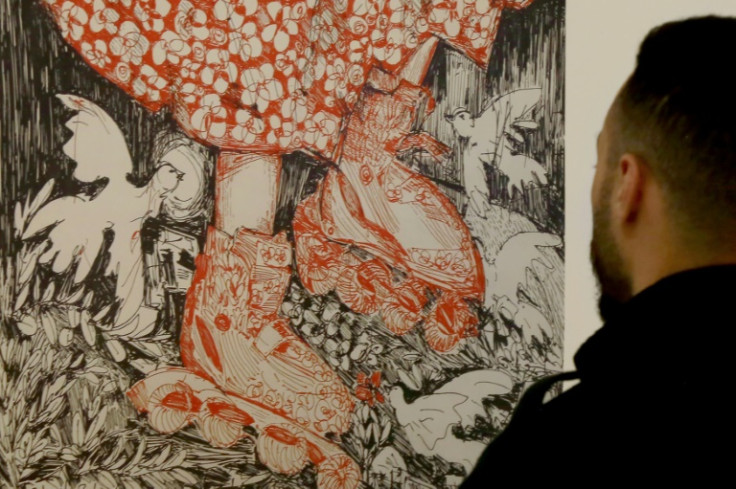Nigeria, India Strengthen Strategic Partnership In Economic Development, Defence, Food Security

Nigeria and India on Sunday highlighted their commitment to a strong strategic partnership in areas like economic development, defense, healthcare and food security.
The joint statement by both countries was issued during Indian Prime Minister Narendra Modi's state visit to Abuja, following an invitation from President Bola Tinubu, Premium Times reported.
After receiving a formal welcome including a 21-gun salute at the Presidential Villa, Modi and Tinubu held a private meeting followed by joint discussions on broader bilateral and political matters. During their talks, both leaders agreed to work more closely on counterterrorism, maritime security and sharing intelligence.
With increasing threats in the Gulf of Guinea and the Indian Ocean, the two leaders agreed to take coordinated actions to protect maritime trade routes and fight piracy. They also pledged to continue regular naval exercises and joint anti-piracy operations in the Gulf of Guinea to protect important maritime routes.
After condemning terrorism in all its forms, including the cross-border movement of terrorists, terror financing and safe havens, the two leaders agreed to enhance cooperation in counter-terrorism efforts.
They also urged quick action to finalize and adopt the Comprehensive Convention on International Terrorism at the UN, as well as to implement relevant UN resolutions on countering terrorism and violent extremism.
Modi, during the visit, said India wanted to support Nigeria's defense modernization, emphasizing the Asian country's role as a trusted defense manufacturer. The two leaders also discussed the strong economic ties between India and Nigeria, with the former being the African country's largest trading partner and a major contributor to its economy.
Nigeria praised the over 200 Indian companies operating in the country, which have created significant jobs and investment opportunities.
Regarding trade expansion, both leaders instructed their officials to finalize pending agreements, such as the Economic Cooperation Agreement, Double Taxation Avoidance Agreement, and the Bilateral Investment Treaty to enhance trade and investment.
The leaders agreed that food security was a top priority for developing countries, especially those with large populations.
Meanwhile, Nigeria thanked India for providing rice during times of need. They also agreed to strengthen cooperation in agriculture, including the use of agricultural machinery, and high-yield seeds, and share technical expertise and technology.
India thanked Nigeria for supporting its UN resolution to declare 2023 the International Year of Millets and committed to increasing collaboration on millet production.
© Copyright 2025 IBTimes NG. All rights reserved.






















